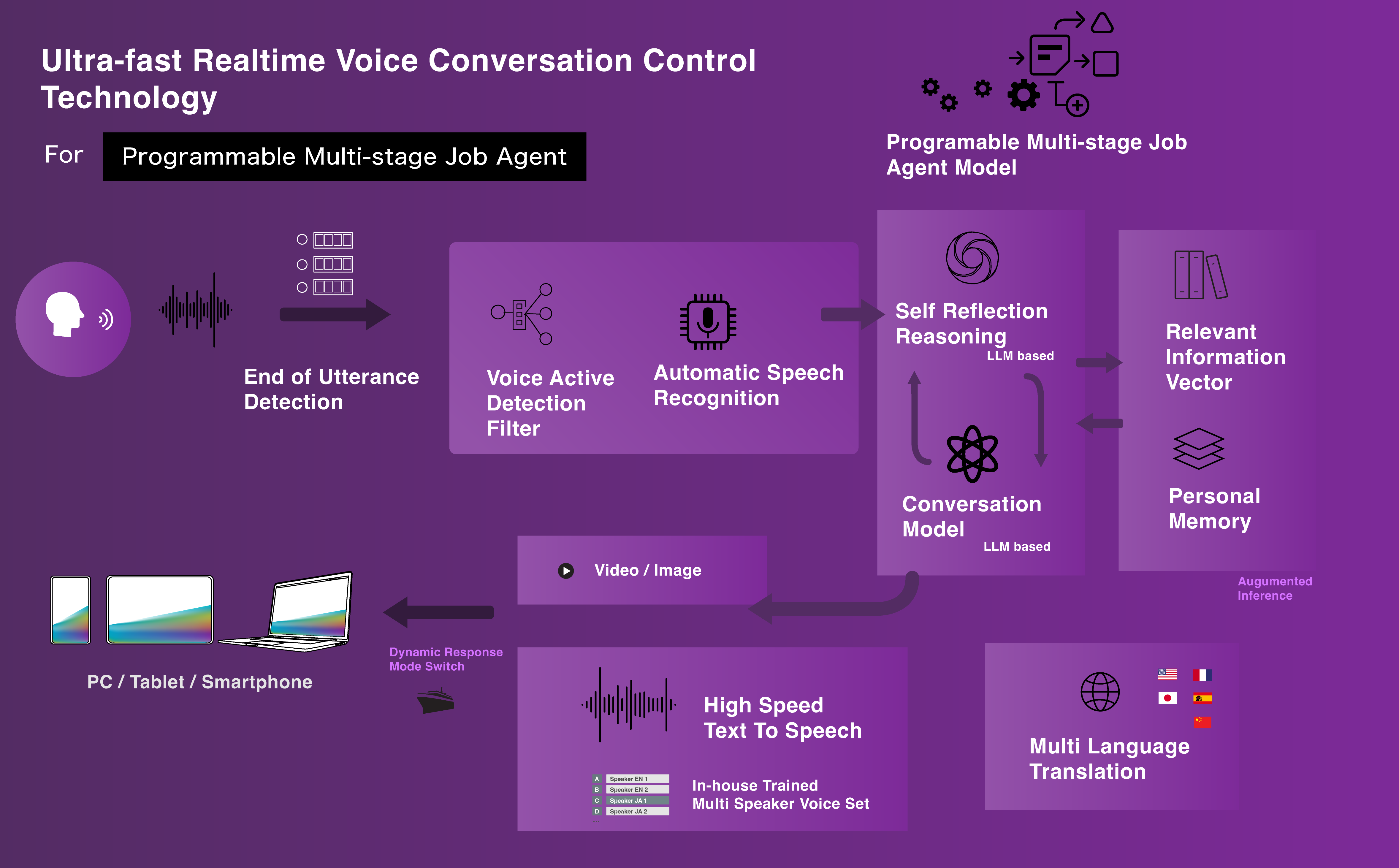For the discovery of quantum mechanics, technology to control light was essential. For theories for artificial intelligence, computing power beyond teraflops was essential.
The concept of 'quantification of the sixth sense', central to our company's philosophy, was first inspired by a statement in a textbook read by ThinkX's founder during his student years: 'scientific measurement is the sixth sense,' and refers to the idea of quantifying what we call 'super-cognitive intelligence' -what only the human brain, the sole 'constructor' in the universe equipped with computational universality, possesses.
If we assume that the primary purpose of human existence for the entire universe is to evolve the brain and contribute to the universe's overall evolution through its unique computational capacity,
we can see human-produced 'art', which exhibits a certain computational complexity and artificially generates qualia, as an intellectual product. It is a natural paradigm that this art will become a subject of natural scientific measurement in the 21st century.
Machine intelligence, having exhausted the imitation of mediocre intelligence by the first half of the 21st century, will enter a learning phase aimed at replicating 'super-cognitive intelligence' in the 2030s. In other words, the significance of human existence hinges on this 'super-cognitive intelligence', which remains inimitable even after all forms of mediocre intelligence have been replicated.
The key to this is the expansion of computational universality itself, achieved through further understanding of quantum reductionism, and software technology—namely, algorithms—that act as the laws of physics within computers.
The development of computers is not only an engineering contribution to the autonomous development of civilisation, but also a change in our interpretation of nature and values.
The Copernican epoch-making of this is what we call the 'fusion of science and art'.
In the simple formula proposed by the mathematical logician Kleene, known as hyperarithmetic, we can interpret 'X' as representing humans or human
\[ \mathcal{O}^X \]
In layman's terms, computers—or machine civilization—will undergo infinite evolution through our human 'art'. We claim that this represents the purpose of human existence in the universe and forms the fundamental proposition of 'art'.



